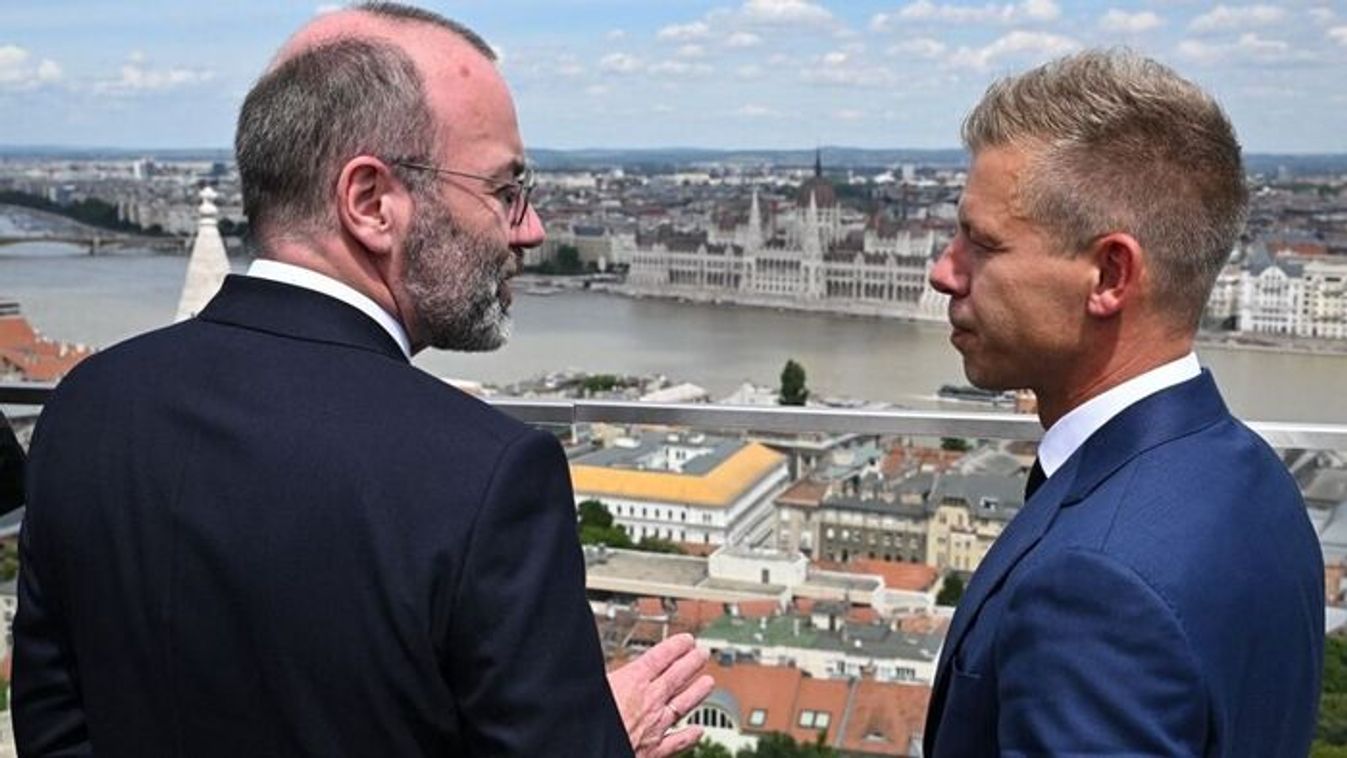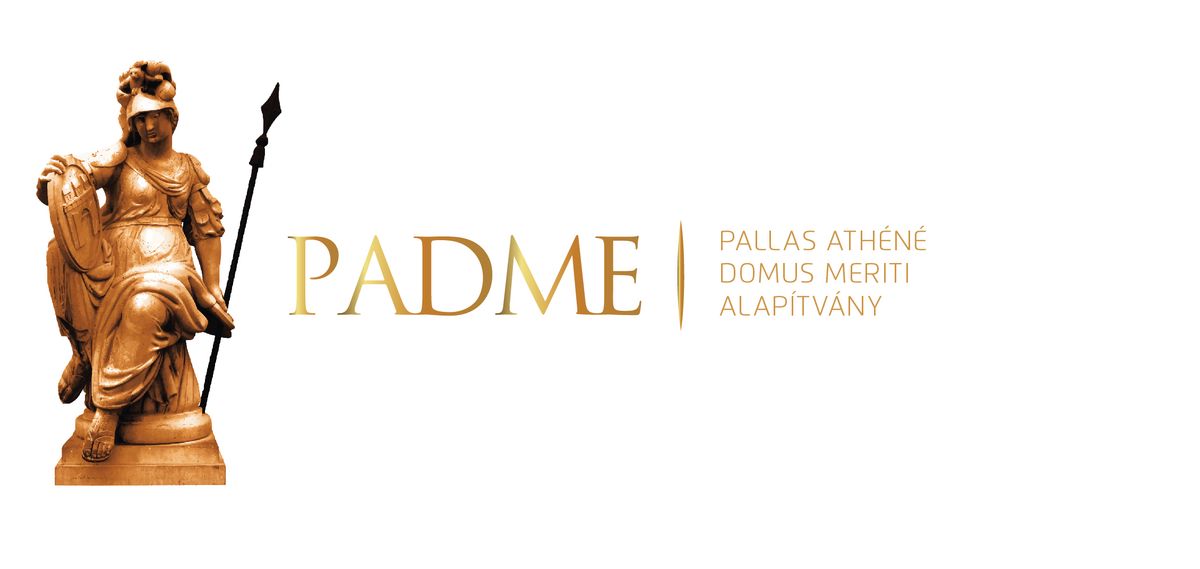Ez is napvilágot látott: Magyar Péter tudhatta, milyen bosszút forralnak Magyarország ellen

A szakértő szerint közölték a Tisza Párt elnökével, mi a feltétele a hivatalban maradásának.

Many developing countries signed investment treaties in a rush without any comprehensive legal review or risk assessment and in the majority of cases it was not until they became subject to claims that they realized that what they had seen mostly as diplomatic tokens of goodwill were, in fact, some of the most potent instruments underwriting economic globalization – says Lauge N. Poulsen, Associate Professor and Director of Graduate Studies at the Department of Political Science, University College, London in a conversation with Lénárd Sándor, researcher at the American Studies Research Institute of the National University of Public Service, located in Budapest.

You are the author of an illuminating and superb book, Bounded Rationality and Economic Diplomacy, that attempts to explore the reasons why countries signed costly investment treaties. Based on your findings, were countries aware of the threats and risks associated with international investment treaties when they began to sign them since the 1960s?
As a starting point, we should remember that the vast majority of investment treaties were signed before there were a significant number of investor-state arbitration claims. This is important because it means that no governments could possibly predict at the time just how broad vague terms like ‘fair and equitable treatment’ would later be interpreted by tribunals.

As for developing countries, specifically, which are the focus in that book, the level of understanding and engagement varied. A few governments took the treaties very seriously, sending stellar lawyers to negotiations, and carefully tried to assess the possible liabilities based on the information available at the time. But they were the exception. I spent almost a decade doing the research for this book, most of which was spent tracing negotiators and digging through archives, and at the end, it was quite clear that the vast majority of developing countries did not take investment treaties very seriously until just a decade ago.
Most expected the treaties would have economic benefits – because that’s what they were told – but few officials thought there were any tangible risks or liabilities in signing them. As a result, many developing countries signed investment treaties in a rush without any comprehensive legal review or risk assessment and in the majority of cases it was not until they became subject to claims that they realized that what they had seen mostly as diplomatic tokens of goodwill were, in fact, some of the most potent instruments underwriting economic globalization.
Let’s take a look at the Central and Eastern European countries. They rushed to join the then proliferating investment treaty network at the end of the 1980s, and particularly during the 1990s, and even before they joined the human rights, economic and military treaties and institutions of the European region. In your view what drove them to sign these treaties?
Again, there was variation here. But an interesting sub-plot in that region that I explore in the book was the army of American lawyers and advisors that went there to help build the legal foundations for a capitalist economy after the end of socialism. These advisors played a core role in designing legislation and even some constitutions in the region. But what I found, as well, was that lawyers sent by the American Bar Association persuaded a number of governments to sign up to the ICSID Convention and start signing investment treaties. This was necessary, the advisors said, to attract foreign capital. Of course, this was not the only – or even the most important - reason that this region began signing so many investment treaties during the 1990s, but it did play a role.
Now; I know some of these advisors, and they are people of integrity who offered their advice in good faith – just as UNCTAD did when encouraging developing countries to sign BITs during the early 2000s. But the role of Western lawyers providing policy advice to developing and emerging economies on whether, and how, to adopt investment treaties is quite notable.
In your recent work, you have begun looking at the origins of the regime in developed countries. What were their expectations when adopting the treaties? Did they expect ISDS to become so important?
Surprisingly, there has been hardly any empirical work on the politics of investment treaties in developed countries – particularly, from a historical perspective. In a recent paper on the early American, German, and British programs I show that drafters did not find formal dispute settlement to be a critical feature of their treaty practice, whether it was inter-state or ISDS. Early US investment treaties – so-called Friendship, Commerce, and Navigation agreements – did not include ISDS and the inter-state arbitration provisions weren’t expected to be critical for dispute resolution in practice. In the case of Germany, treaty drafters explicitly rejected corporate requests to include ISDS, as they didn’t want to overly judicialize the resolution of investment disputes. ISDS only became part of the German model in the late 1980s. In the United Kingdom, by contrast, ISDS was part of its early model treaty but it was not considered crucial compared to the substantive protection provisions and the UK agreed to curtail, and even remove, the mechanism from some treaties. In another recent paper documenting negotiations of a draft Euro-Arab Investment Convention in the 1970s and 1980s – the first ‘mega-regional’ investment treaty – Eileen Denza and I also find that ISDS played a very limited role for the drafters.
In hindsight, this is important because it alludes to a very different understanding of what investment treaties were supposed to do compared to what they have become. Today, investment treaties are almost exclusively seen as vehicles for international arbitration claims. ISDS is the main feature of the regime. But early drafters didn’t see it that way. Instead, they saw the main function of the treaties as a standard, or focal point, that that embassy staff and other home state officials could refer to when Western investors got into trouble. If the host state cared about foreign investment and preferred to settle disputes to avoid diplomatic friction, the treaties could be useful instruments for informal diplomatic dispute settlement. Formal, judicial, dispute settlement was thought to be secondary.
In a book co-authored with Michael Waibel and Jonathan Bonnitcha, The Political Economy of the Investment Treaty Regime, you point out that both legal scholars, social scientists, practitioners, treaty drafters, and activists often have what you call ‘blind spots’ in their understanding of the regime. What do you mean by that?
That’s right. That book came out of a frustration the three of us had with much of the policy debate surrounding the regime, as well as the reasoning by some tribunals and parts of the scholarship on investment treaties. Compared to the debate about trade agreements, for instance, the level of debate about investment treaties has been quite disappointing – and this goes for all ‘sides’ of the debate.
Lawyers and policymakers routinely invoke political economy arguments when seeking to justify, or criticize, the treaties, but it’s rarely done in a very helpful or insightful way. Tribunals, as well, sometimes make arguments rooted in political economy that are extremely simplistic. And some of the most ardent critics of the regime sometimes overplay their hand by making arguments that are, quite frankly, wrong. Our book seeks to address this by integrating political economy insights and research into an analysis of international investment law.
As importantly, we also shared a frustration with much of the scholarship on the regime that has come out of political science over the last decade and a half. The quantitative data available to test some of the most important questions for the regime is very poor and patchy, yet until recently there was hardly any fine-grained work seeking to understand the drivers and effects of the regime on the ground. Also, and critically, parts of the social science scholarship on the regime has been rooted in a very poor understanding of international investment law.
And that matters, because the investment regime is one where policymakers have in fact payed quite a lot of attention to empirical research. This means that we have a responsibility as a scholarly community to make sure we have done the utmost to ensure our work is rooted in a proper understanding of the treaties, and how they work. I know of at least one instance, where officials in one of the poorest countries in the world had downloaded a social science publication on investment treaties and based important decisions in their treaty program on what was clearly poorly informed scholarship. The aim with our book was to help avoid this going forward by giving social scientists a proper understanding of the law and practice of investment treaties and investment treaty arbitration.
Thankfully, I think things are changing for the better. Like in any other field, there are still papers being published that fail to pass the ‘laugh test’ among practitioners and policymakers, but overall, I think the social science literature is much more insightful now than when we began our work on the book. Suffices to say, we take full credit for that development…!
***
A cikk a Pallas Athéné Domeus Educationis Alapítvány támogatásával valósult meg.
